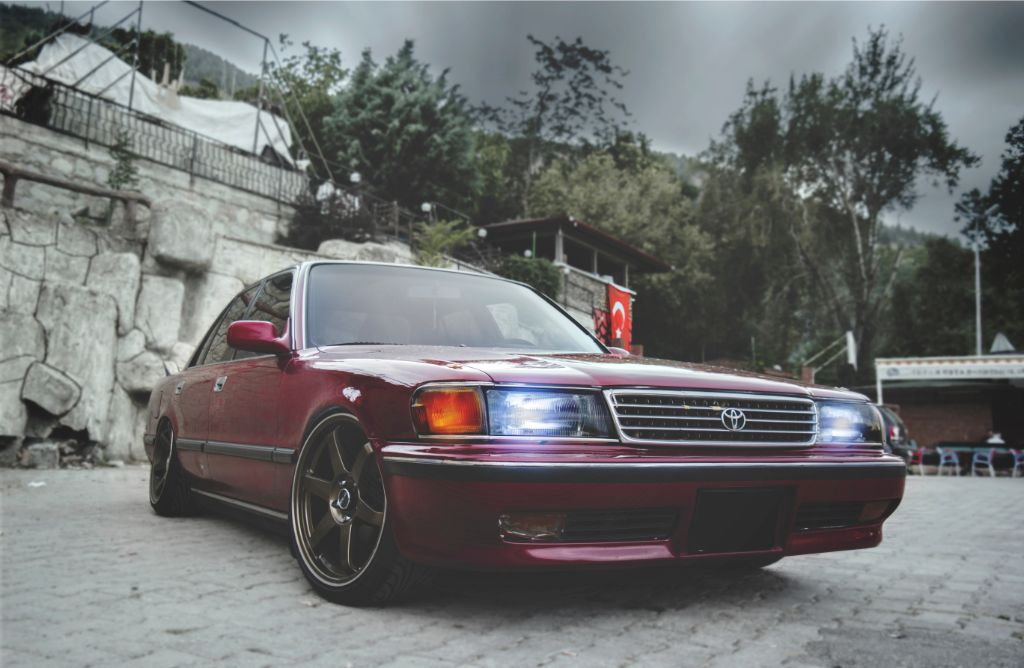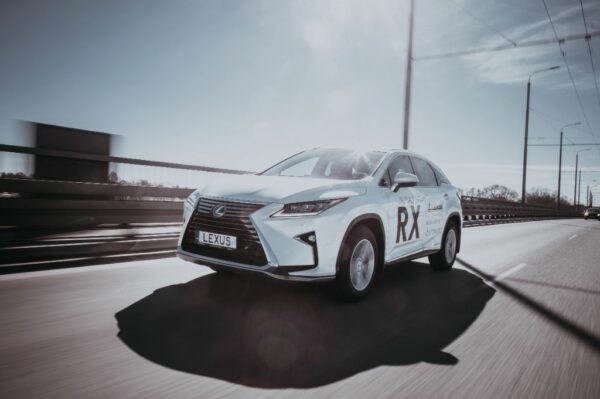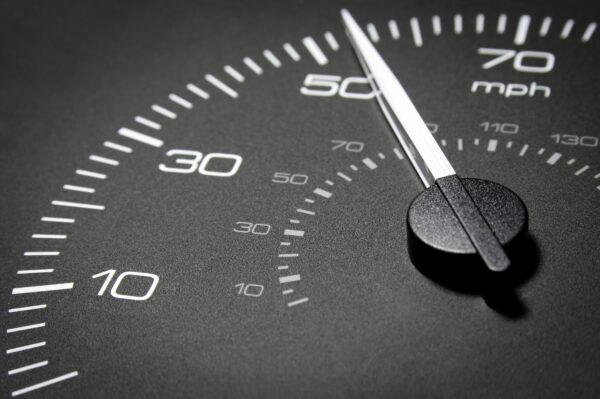
Here are answers to some frequently asked questions about engine misfires:
1. What Is an Engine Misfire, and When Does It Occur?
For your engine to fire its cylinder, it needs fuel to burn, oxygen to facilitate the burn reaction, and an ignition spark to get things going. If any of those elements are not present at the perfect time, the cylinder won’t combust, causing a misfire.
Misfires are of three types:
- Dead-miss: A complete misfire with no combustion taking place at all.
- Partial misfire: When there’s some kind of a burn but significantly incomplete combustion.
- Intermittent misfire: Occurs only sometimes, under certain conditions or indiscriminately.
Misfires can occur both during engine startup and while accelerating.
A. Misfire During Acceleration
Misfires can happen when a vehicle is under load while accelerating. The most common cause of rough acceleration due to misfires is worn-out spark plugs, a cracked distributor cap, a bad spark plug wire, or a failing throttle position sensor (TPS.)
In addition to the engine misfire, the Check Engine Light will come on, and the vehicle may even go into ‘limp mode.’
B. Misfire at Idle Only
Your car may drive perfectly fine but display signs of little hiccups or small misfires at idle.
Generally, the cause of a misfire at idle is an incorrect air-fuel mixture. This can be caused by a faulty O2 sensor, a fuel injector that needs cleaning, or even vacuum leaks.
2. What Should I Do If My Engine Misfires?
If you suspect your engine is misfiring and you aren’t driving your vehicle, make an appointment with a technician ASAP. Get your vehicle inspected and repaired to prevent further damage.
If you experience an engine misfire while you are on the road, slowly get to safety first and try to cruise your vehicle to the roadside. Turn off the engine and get your car towed to a repair shop or call a mobile mechanic.
Before the mechanic takes a look at your vehicle, try to collect as much information as you can, including any peculiar sounds or unusual behavior. Also, note under what circumstances the engine misfired and how frequently you notice the signs. The more information you have, the easier it will be for your mechanic to find the cause of the misfire.
3. Is It Safe to Continue Driving with an Engine Misfire?
Technically, yes. But it’s strongly advised that you don’t.
Instead, you should get your car inspected at the earliest.
However, if your engine misfires and you notice a blinking Check Engine Light, stop driving immediately and call for roadside assistance.
If your engine misfires and you continue driving, not only is it a potential safety hazard, but you can also damage a costly engine component, like the catalytic converter. The heat generated by a misfire can also warp or crack valves and the cylinder head.
4. How Much Does a Cylinder Misfire Repair Cost?
Here are the cost estimates (inclusive of labor charges) for certain repairs required to fix engine misfires:
- Faulty spark plug wires: $100 to $300
- Carbon or oil-fouled ignition spark plugs: $100 to $250
- Faulty ignition coil: $150 to $250
- Faulty fuel injector: $275 to $400
- Bad fuel delivery: $200 to $1,000
- Vacuum leak: $200 to $800
- Broken valve springs: $450 to $650
- Broken piston rings: $1,500 to $3,000



